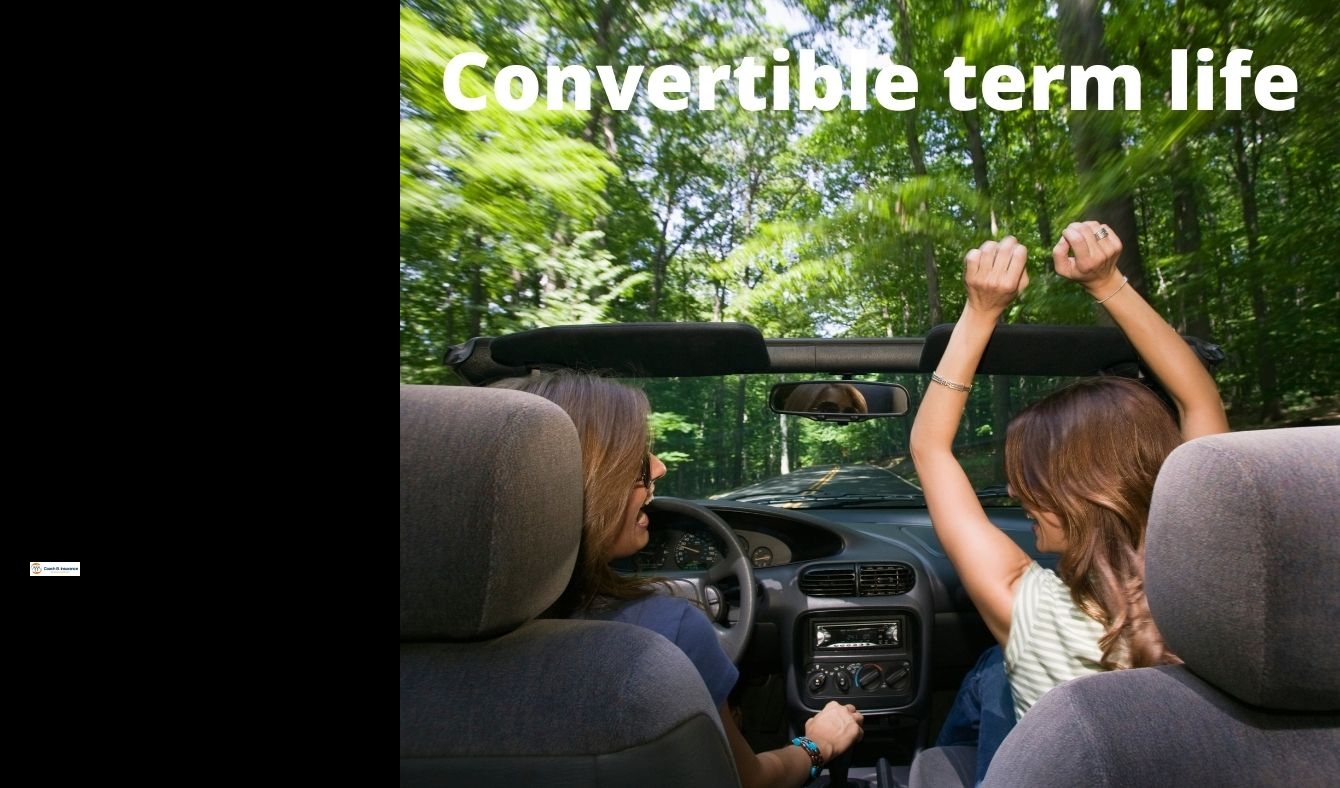joint term life insurance
Term insurance covers you for a specified time such as 10 years or 20. You can choose the term length to best suit your needs. In the event that you die within the term's duration, your beneficiaries will be paid the amount. After your term expires, you will be able to purchase a new insurance policy or reevaluate your options. In the ideal scenario, life insurance will expire at the end of the term. By then, your house will be paid down and your children will be grown. Term insurance policies are usually the cheapest form of coverage.
Depending on your age and health, you may have fewer options for life insurance as a senior. If you're below 70 and in good health, there aren't any significant restrictions. You may have to broaden your search to a broader set of companies, as some insurers will restrict the age group that can purchase a particular product.



